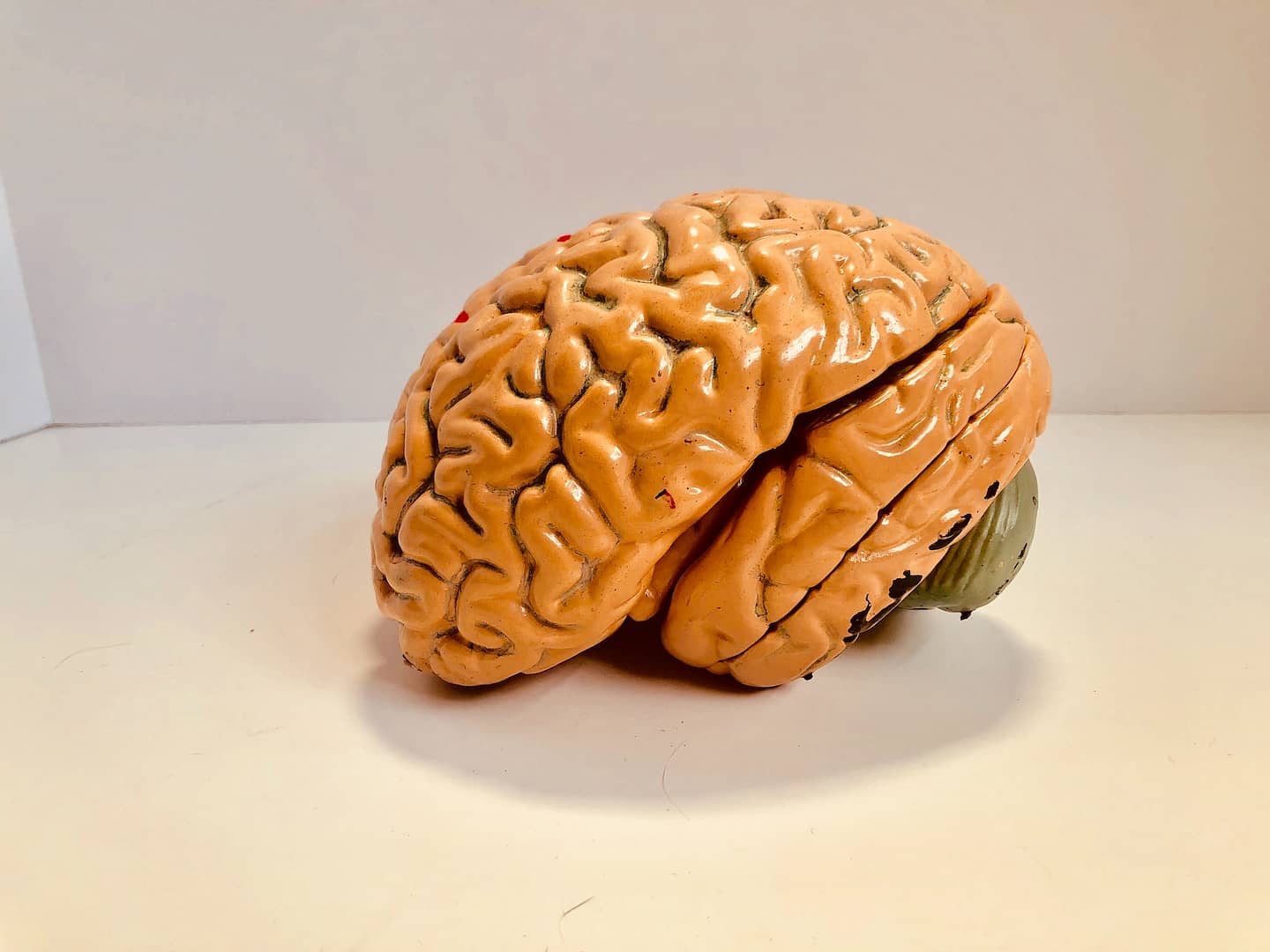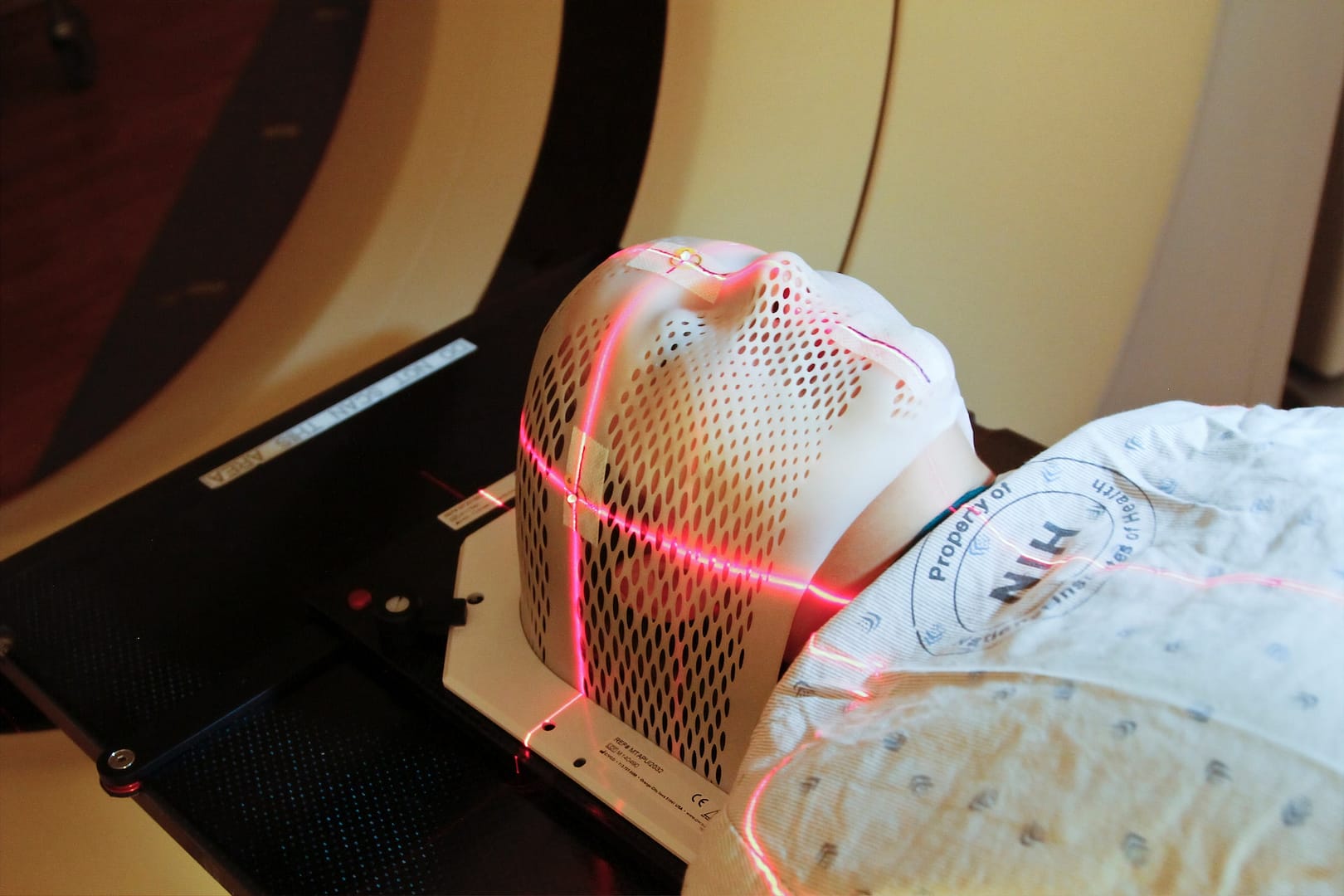Introduction
Brain injuries can be life-altering events, affecting not only the injured individual but also their loved ones. The road to recovery may seem daunting, but thanks to the wonders of medical science and rehabilitation, it’s possible to regain lost abilities and embrace a hopeful future. In this article, we’ll explore the concept of rehabilitation after brain injury, shedding light on the process, its goals, and the remarkable impact it can have on the lives of those affected. We will also provide further information on what is the best way to start your serious injury claim.
Understanding Brain Injury and Its Impacts
Before we delve into the world of rehabilitation, let’s briefly understand what a brain injury entails. Brain injuries occur due to various factors, such as accidents, falls, strokes, or tumors. These injuries can range from mild concussions to severe trauma, each leaving a unique mark on the affected individual’s life.
When the brain suffers damage, it can lead to a wide array of physical, cognitive, and emotional impairments. Depending on the extent of the injury and the area of the brain affected, individuals may experience difficulties with mobility, speech, memory, attention, and emotional regulation.
The Journey of Rehabilitation
Rehabilitation after a brain injury typically begins in the hospital. Once the individual’s condition stabilizes, a team of healthcare professionals, including doctors, nurses, therapists, and psychologists, come together to develop a tailored rehabilitation plan.
The Power of Patience and Perseverance
Recovery from a brain injury is not a swift process. It requires immense patience, perseverance, and hard work from both the individual and their support network. Rehabilitation can take weeks, months, or even years, depending on the severity of the injury and the progress made.
Physical Rehabilitation
Physical therapy plays a crucial role in the rehabilitation process. This therapy aims to improve mobility, strength, and balance. Therapists guide individuals through exercises and activities that retrain their bodies to perform daily tasks independently.
Speech and Language Rehabilitation
For those whose speech and language abilities are affected, speech therapy becomes a vital component of rehabilitation. Therapists work on improving communication skills, using various techniques tailored to the individual’s needs.
Cognitive Rehabilitation
Brain injuries can disrupt cognitive functions, affecting memory, attention, problem-solving, and more. Cognitive rehabilitation focuses on rebuilding these skills, often through puzzles, memory exercises, and other cognitive training activities.
Emotional and Psychological Support
The emotional toll of a brain injury can be overwhelming, both for the individual and their loved ones. Rehabilitation includes psychological support to help cope with the emotional challenges and adapt to the changes brought about by the injury.
The Role of Technology in Rehabilitation
Advancements in technology have revolutionized the field of brain injury rehabilitation, providing new avenues for recovery and progress.
Virtual Reality (VR) Therapy
VR therapy has emerged as a powerful tool in rehabilitation. By immersing individuals in computer-generated environments, VR therapy can help improve balance, coordination, and even address phobias or anxiety.
Neurofeedback
Neurofeedback is another cutting-edge technology used in brain rehabilitation. This technique involves monitoring brain activity and providing real-time feedback to help individuals learn to regulate their brainwaves, potentially enhancing cognitive function and emotional well-being.
The Triumphs of Rehabilitation
Every individual’s journey through rehabilitation is unique, and so are the triumphs they achieve along the way. Rehabilitation empowers individuals to reclaim their lives and pursue activities they once thought were lost forever.
Regaining Independence
One of the most significant achievements of rehabilitation is regaining independence. From performing daily tasks to engaging in hobbies, the ability to be self-reliant brings immeasurable joy and a sense of accomplishment.
Return to Work or School
Reentering the workforce or returning to school can be a monumental milestone in the rehabilitation journey. By honing their skills and abilities, individuals can pursue their passions and contribute to society once again.
Making a Serious Injury Claim
Accidents leading to brain injuries can be traumatic and often result from the negligence of others. In some cases, individuals may be eligible to make a serious injury claim to seek compensation for their medical expenses, rehabilitation costs, lost income, and other damages.
Legal Guidance and Support
Navigating the legal aspects of a serious injury claim can be complex, especially when dealing with the emotional and physical challenges of rehabilitation. Seeking legal guidance from our team at National Claims can provide valuable support during this claims process.
Gathering Evidence
To build a strong case, gathering evidence is crucial. Medical records, rehabilitation progress reports, witness statements, and expert opinions can all contribute to the claim’s success.

Conclusion
Rehabilitation after a brain injury is a transformative journey filled with challenges, triumphs, and hope. Through the dedication of healthcare professionals, the unwavering support of loved ones, and the use of cutting-edge technologies, individuals can make remarkable progress in rebuilding their lives.
Though the road to recovery may be long, the ability to regain independence, return to work or school, and embrace life’s possibilities makes the journey worthwhile. Every step taken in rehabilitation is a testament to the resilience of the human spirit.
Additionally, for those facing brain injuries resulting from the negligence of others, making a serious injury claim can provide the financial support needed to access quality medical care and continued rehabilitation. Seeking legal guidance and support can significantly improve the chances of a successful claim and help individuals focus on their recovery.
As we continue to advance in medical science and technology, the possibilities for rehabilitation after brain injury are bound to expand further. Let us embrace the journey of healing and hope, and remember that with perseverance, compassion, and the right support, individuals can triumph over adversity and create a brighter future after a brain injury.
Contact us now to find out more about how we deal with serious injury claims and start your claim with us.
Click below to see why we are one of the most trusted claims management companies in the UK.

We’re proud of our excellent customer reviews
We thrive on delivering exceptional service and ensuring our clients’ satisfaction. Don’t just take our word for it. Check out some of our independent reviews to see what our clients have to say.
Excellent

This firm is excellent, they sorted out my car pay out and injury claim very fast, they always communicate with you all the time.

My accident case was dealt with confidence and with great result of the outcome, especially James kept me informed all the time.

I was very impressed at the way my inquiry was treated. I was listened to attentively and everything I needed to know was explained to me.






